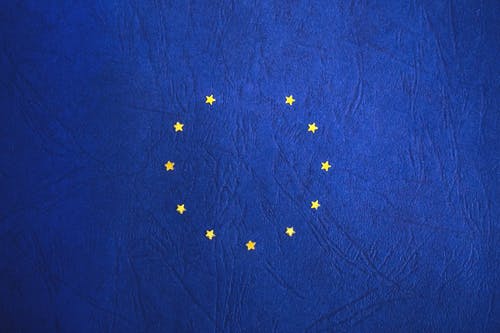Joint statement by humanitarian organizations: a humanitarian disaster for the Yazidi community and the impact of the COVID-19 crisis in northern Iraq
There is a growing humanitarian and security crisis in Iraq. The COVID-19 pandemic continues to exacerbate the ongoing crisis that is affecting vulnerable communities across the country, including the remittances generated by the Islamic State in Iraq and Syria. These communities that were previously abused are now facing movement bans that will exacerbate the psychological distress that can lead to an increase in suicide rates. Furthermore, the recent economic collapse of the insurgency is undermining social intervention and leading to a security vacuum, which in turn increases the risk of ISIS attacks and sows seeds for future atrocities. The Government of Iraq and the United Nations (UN), in spite of the World Health Organization (WHO), can take simple and effective steps, with the following steps: The public health system in Sinjar and the vast province of Nineveh in the hands of the DAI. was deceived. during the brutal occupation and its genocidal campaign in Iraq, in early 2014. According to NY, 1.8 million people remain homeless, living in internally displaced persons (IDP) camps across the country due to persistent insecurity and lack of security. renovation work. Hand washing activities by the universal are not easy enough to prevent the spread of hypertension such as COVID-19 in such conditions, because the social distance will be high in camps with high densities, where a number of families live close to each other. , it is not possible. So far, it is not possible to see the spread of the virus because there is no testing for the disease in the camps, while the movement ban prohibits the work of humanitarian players who provide basic necessities such as food, water, etc. medicine. Most Yazidis want to return to Sinjar, but security, reconstruction, and basic services are not yet available to allow for a proud return. So far there are only two hospitals and only one driver to help the current population of around 160,000 people in the area.
The WHO should conduct an urgent investigation into Sinjari, Tel Afar, and Nineveh mission, and provide the necessary testing capacities for all Establishment camps. Another consequence of the alarm of the COVID-19 pandemic in Iraq is the psychological impact on vulnerable communities, including Yazidis, Turkmen, and Christians, such as Assyrians. Before leaving, Médecins Sans Frontières announced the deterioration of mental health among Yazidis in Iraq, despite the increase in the number of suicides. The entire Yazidi population suffers from psychological trauma caused by genocide and some serious psychological difficulties. Among those high-risk women and girls who have faced systemic sexual violence, and boys who have been forcibly martyred by ISIS. Until now, effective trauma treatment has not been available in children who are incarcerated or out of war. COVID-19 was also initiated as a result of the approval of the limited psychiatric treatment support that was initiated. Mental health experts have identified hundreds of civilians who are at risk of suicide, and two suicides have already been reported by suicides. More suicide attempts by suicide bombers continue. The WHO should immediately address this urgent mental health crisis and implement mindfulness campaigns to prevent suicide. COVID-19 and the sharp drop in oil prices caused the collapse of the Iraqi economy, leaving a dangerous security vacuum for ISIS officials. In fact, the resulting political turmoil is reminiscent of those who have been rebelling against ISIS since its inception a decade ago. According to the International Crisis Group, ISIS news in its weekly news outlet Al-Naba calls on its fighters to attack and weaken its enemies as they move away from the pandemic.
COVID-19 also hastened the withdrawal of some coalition forces from Iraq, weakening the anti-terror operation, while some ISIS prisoners have recently escaped from Syrian prisons. The civil security sector needs to be reformed so that local militias can be integrated into the Federal Police to uphold the rule of law and protect all citizens, regardless of religion or religious affiliation. To counter the threat of ISIS, the Iraqi government must work with the United Nations to ensure that fighters are brought to justice for genocide, crimes against humanity and war crimes, and for committing the above international crimes.
COVID-19 is like a pandemic like we have never seen before. Survivors of genocide and other mass crimes are now waiting for this silent death to pass through their camps and homes, unable to put an end to the war.
COVID-19 Crisis in Northern Iraq
 MSK Daily
May 01, 2020
MSK Daily
May 01, 2020
Labels
Popular Posts

Ramadan and Corona Pandemic
April 24, 2020

What is Cochlear implant
April 26, 2020

Brexit Impacts in Asia
May 04, 2020
Recent Keyword
Copyright ©
MSK Daily



0 Comments
Please do not comment or paste link which is scam